Marketing: perception or reality?
Reality is the condition of what actually and concretely exists, while perception is the act of perceiving and becoming aware of an external reality through stimuli and sensations.
Human beings have wondered since ancient times about what is real and what is instead illusion, the fruit of fantasy, perception and dream. And just to answer this and other questions, philosophy developed, as a search for knowledge, truth and reality.
Philosophers, both ancient and modern, have treated reality as the focus of their thought: a theme that despite the centuries remains very current.
In Greek philosophy it was thought that reality was such in relation to the subject who is able to perceive things, not questioning the existence or otherwise of the object as visible and therefore evident.
With Epicurus and later with Plato and Aristotle we begin to notice a change that will be taken up by modern philosophy.
For Plato reality is fiction, i.e. a copy that is found in a parallel universe, of which we live the reflection, for Aristotle , however, reality is a union of matter and form: what we perceive truly equals what it is.
In the modern era, thanks to the Renaissance and the Enlightenment, which placed reason at the center of thought, empirical theories such as those of Spinoza , Leibniz , Descartes and Kant were increasingly defined.
In contemporary philosophy, whose major exponents include Hegel , Freud and Nietzsche , reality is synonymous with rationality: perhaps the twentieth century was a complex century without frills, but reality is essentially what is tangible and concrete.
But today what is real and what is perception?
We live in a historical era marked by innovation, change and contradictions.
Just think of the web or social media , for example.
For many, the internet is a powerful means of communication, which shortens time and distances, an invention that has made it possible to globalize the world, start new businesses, create new professions and have a new lifestyle, while for others it represents something negative .
Social media , if used well, represent a sounding board for both personal branding and for increasing corporate brand awareness , yet for some people they are only mere appearance.
To be or not to be? Reality or appearance? Essence or perception?
Let's start from the assumption that a product, a service or a brand that is based only on appearance, has a short life, because the user, sooner or later, will realize it.
We must always remember that the target is made up of people, not just numbers to sell to.
A person, defined as Buyer Personas , must solve a problem, find a solution to their needs and trust the brand.
It is important that the brand promise, called Unique Value Proposition , is real and truthful, otherwise there won't be a second chance, in the series: "I bought it this time, I won't buy it again".
You may have believed in a product, service or brand because it seemed like what you were looking for: in this case, the perception you had was a fundamental lever for starting the relationship with the brand and making the purchase.
If you were satisfied, you confirmed your perception as real, and therefore what you felt corresponded to reality , if instead you did not have a positive experience, the perception was illusory.
As you can see, these diktats that have accompanied philosophy for centuries are also valid in marketing: but do you know which types of marketing are based precisely on this " reality - perception " dichotomy?
Marketing is a branch of the economy that satisfies the demand for products and/or services for a specific reference market.
Emotional marketing
Emotional marketing , also called emotional marketing is a branch of marketing that is based on emotions.
Emotions are pure energy and represent a fundamental lever for establishing a relationship between brand and user.
The human being is emotion and reason, but in emotional marketing the part of the unconscious and instinct completely prevails.
Did you know that 95% of purchases are made through emotions, while only 5% are the result of a thoughtful and rational decision?
We are still animals and we act on stimuli and impulses: a perfume that evokes a memory, a color that transmits serenity, an image that communicates trust or an engaging storytelling is enough and our psychological barriers are annihilated.
We instinctively recognize ourselves with that brand and guided by the unconscious, we want to establish a solid and lasting relationship with it.
Perceptual marketing
Perceptive marketing is based on the senses and the sensations they evoke in our mind: depending on the sense involved, we will have different sensations or a mix that enhances the perception itself.
Do you want to buy a perfume?
Smell will undoubtedly be the main sense in the shopping experience, but sight, touch and hearing will also be involved.
Do you want to enjoy a gourmet dish?
The main sense will be taste, but sight, smell and touch will also be involved.
Want to try on a dress?
Surely touch will play a fundamental role during the experience, but sight and smell will also be important.
Creating a memory is important, both online and offline: every brand must evoke a satisfying emotion for the user, which makes him happy to repeat the experience.
Neuromarketing
Neuromarketing is a discipline that applies neuroscience to marketing, involving behavioral areas of the human being.
In fact, according to studies, every time a user takes an action towards a product, service or brand, he has certain reactions in the brain.
Neuromarketing studies the cognitive and emotional responses that are activated when a potential customer is exposed to certain marketing stimuli, such as advertising , communication , promotion and brand .
This allows companies to create customer journeys and shopping experiences that are increasingly oriented towards user satisfaction.
Do you know which are the most used methods to sell more of a product, service or brand by leveraging perception?
Let's find out together now!
All Inclusive
Have you ever paid for a subscription, even if you haven't used it in full, just because it's cheaper than the price of a single activity?
It is a cognitive bias : our brain always opts for what is best for us, in terms of benefit, in fact when we evaluate a purchase, the pain management brain area is activated, which opts for the best solution in terms of of quantity and price.
Anchor effect
Even the anchoring effect is a cognitive bias , in this case our brain remembers an initial price, known in jargon as an anchor , which has a much higher figure than the price proposed for a given product and/or service.
Apple 's strategy for the launch of the first iPad is emblematic, in which Steve Jobs first proposes the price of 999 dollars and then reveals the real price of 499 dollars : the perceived saving was a good 500 dollars and the rest, well, is history!
Better quality
It is often thought that a more expensive product has better quality, conversely, a cheap product is scarcer or worse than higher-end products.
The same reasoning, totally erroneous, applies to the weight of some products, such as telephony, technology or tools, a heavier product is not necessarily made with better materials.
Scarcity principle
How many times were you booking a flight or a hotel and the notice materialized that other users were making the purchase at that very moment and that if you hadn't completed the order immediately you wouldn't have found anything?
This is the principle of scarcity that leverages the potential loss of our desired object.
Bait products
A decoy product serves to promote other products of the same range.
For example, if you are offering a small bag at 25 euros and a large bag at 40 euros , the user will buy more of the small bag, but by proposing a third medium-sized bag at 35 euros , the product will sell more will be the big bag.
Indeed, our mind reasons to provide us with the greatest benefit and between two products of the same range, with different sizes but similar prices, we are led to choose the cheapest option.
While placing a third product halfway between the previous ones, both in terms of size and cost, the user will opt more for the option perceived to have the best quantity, quality and price ratio.
Reality or perception? What is perceived is constantly evolving, the important thing is to keep in mind the pre-established objectives, plan the strategy necessary to obtain the results and always be loyal to the users.
And what do you think? Were you aware of these marketing techniques?
When you subscribe to the blog, we will send you an e-mail when there are new updates on the site so you wouldn't miss them.
By accepting you will be accessing a service provided by a third-party external to https://www.insightadv.it/








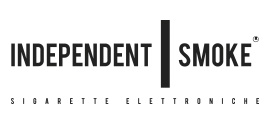


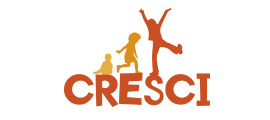


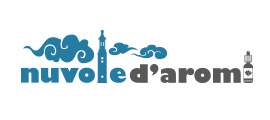


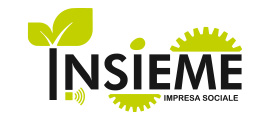

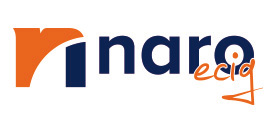
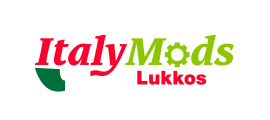





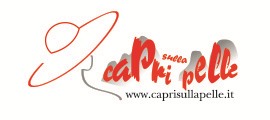
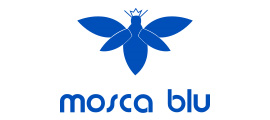





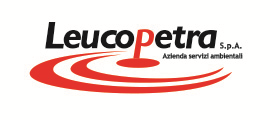

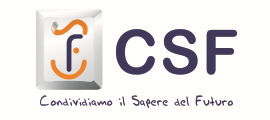



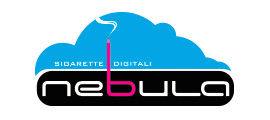

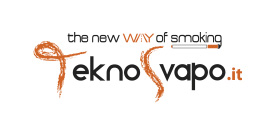



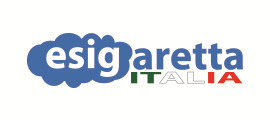





















Comments